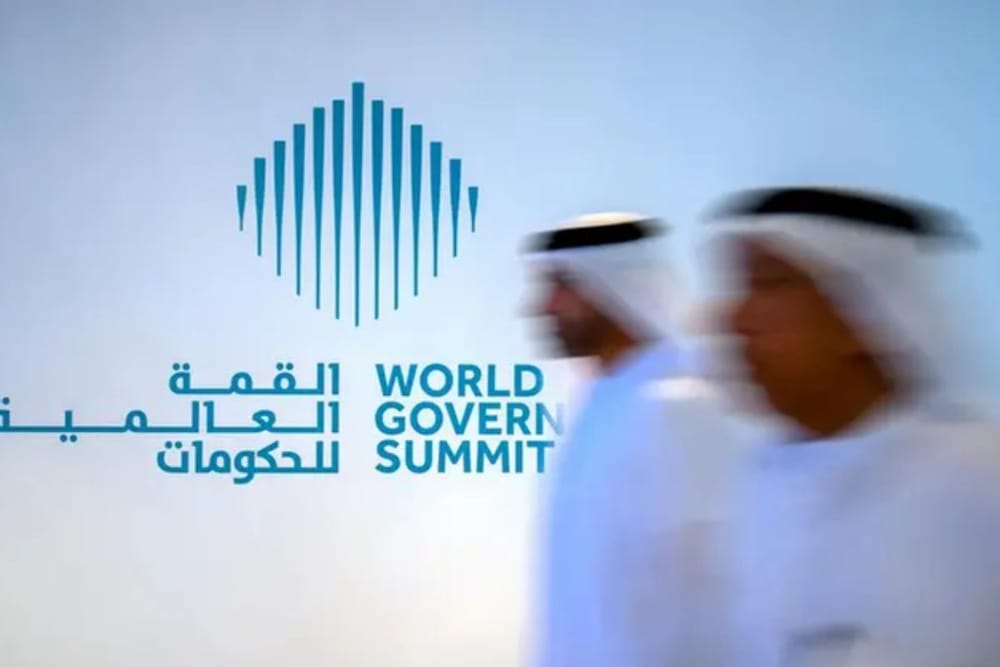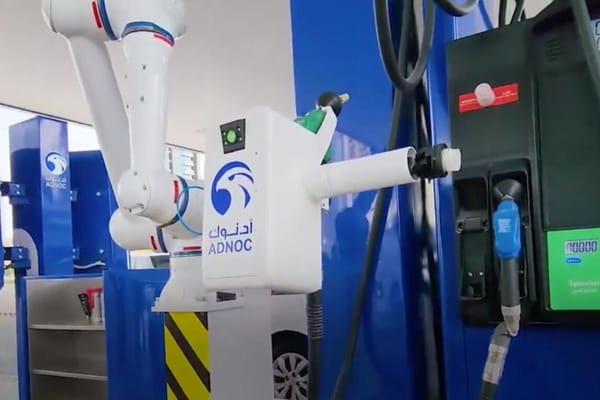The World Governments Summit (WGS) and Accenture (NYSE: ACN) have released a new report outlining key strategies for the ethical and effective use of Generative AI (Gen AI) by government agencies.
Launched during WGS 2024, the report, titled “How Can Government Agencies Responsibly Navigate the AI Landscape to Implement High Impact Generative AI Solutions?” offers recommendations for overcoming some of the challenges faced in integrating Gen AI into government services.
The report addresses the immense power of Gen AI, emphasizing its potential to redefine human-AI interaction and transform how governmental work is conducted. With the rapid adoption of AI technologies such as ChatGPT, the landscape of public services is at the cusp of a major shift. This shift, however, brings with it the responsibility to manage Gen AI ethically to mitigate the risks of unreliable outputs, various biases and workforce displacement, while ensuring confidentiality, security and adherence to regulations.
Gianmario Pisanu, managing director in Health & Public Services at Accenture in the Middle East, said:
“Gen AI can significantly improve government services by reducing administrative burdens and enabling government employees to focus on critical human-based services. Government agencies must proactively invest in the work processes, culture and skilling required for employees and residents to thrive and for entities to harness Gen AI's full potential. This will also mitigate concerns such as biased service delivery, cybersecurity vulnerabilities, misinformation, and potential job augmentation.”
According to the report, over the next three to five years, an overwhelming 99% of public service leaders believe that software and services powered by AI foundation models will substantially enhance innovation and creativity in their organisations. The report also stressed the importance of ensuring data outcomes are reliable and the crucial role of international cooperation in managing the impact of Gen AI on a global scale.
Mohamed Yousef AlSharhan, Managing Director of the World Governments Summit Organisation, said:
“Government agencies have a unique opportunity to set the bar for responsible and impactful applications of Gen AI while simultaneously building consumer confidence in an AI-powered future. In this transformative journey, international cooperation becomes imperative. The path to the most effective AI solutions lies in thoughtful development. Public service leaders play an important role in building thorough and careful approaches to help ensure that these technologies contribute to a better future for all."
The report also emphasizes that public sector leaders have a responsibility to balance productivity and efficiency with legitimate concerns about the effects technology could have on jobs, society, and the essence of humanity. It includes an “I Hear You Curve” analysis on public discourse around Gen AI indicating that public sector discourse often diverges from the topics that concern citizens and calls for more government engagement with citizens around proactive planning for Gen AI.
The report can be accessed at: https://www.worldgovernmentsummit.org/observer
More than 4,000 participants from the public and private sectors will participate in 110 interactive sessions at WGS 2024, including 200 speakers from 80 international, regional and intergovernmental organizations including the UN, the World Bank, the International Monetary Fund, the World Health Organization, the International Atomic Energy Agency and the Arab League. It will also welcome eight Nobel prize winners, and provide a platform for 23 ministerial meetings in the presence of more than 300 ministers. In partnership with a select group of knowledge partners, the Summit will launch more than 25 strategic reports, focusing on the most important practices and trends in vital sectors.
News Source: Emirates News Agency









